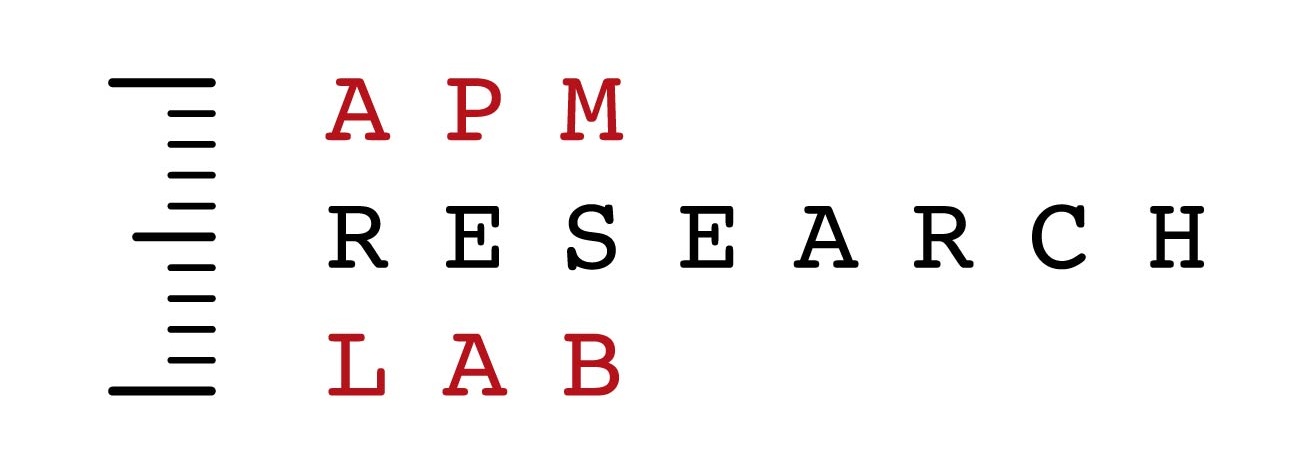Testing the waters: How Americans relate to water
by Kassira Absar, Research Associate
Testing the waters: How Americans relate to water
What is the first thing that comes to your mind when you think about the role of water in your life?
This is one of the questions respondents answered in the qualitative study How Americans Relate to Water we recently completed with Wilder Research on behalf of the Water Main.
The Water Main aims to “connect people to the value of water” as it “builds public will in support of clean, abundant, accessible water.” To support this mission, we needed to first better understand the broader question, how do Americans relate to water?
Much of the research literature points to environmentalism as a means to get people to care about and create a deeper relationship with water, but the literature also shows that the environment in general may be too removed from people’s lives and that alarmist language around climate change may cause people to feel any attempt to remedy water issues is futile—the problem is just too big.
In sum, the breadth of literature about creating personal connections to water is limited, which meant we needed to do some groundwork to understand where to even start tackling this topic—which is where this study came in.
By design, How Americans Relate to Water is not a representative survey but an exploratory study that involves a series of closed-ended and open-ended questions to respondents around the United States (for more on methods, see the Appendix of our white paper). An exploratory study allows us to more thoroughly understand our research question and clarifies what questions to ask and what topics should be addressed in further research. If you’re going to get a tailored suit, you wouldn’t do it without first knowing your measurements and exploring what types of fabrics and cuts are out there.
An important insight gleaned from this research is how respondents value water. Working together with Wilder Research, we learned that respondents generally grouped around three sets of interests. We then compared across those who had interest in those topics and identified three ways in which respondents value water: outdoor, personal, and societal.
Though respondents in all interest groupings find outdoor, personal, and societal value in water, each group emphasizes one of these values than the others, or their “core value”—it’s the way in which they connect with water the most.
How respondents value and connect with water
Source: Wilder Research | APM Research Lab 2018 Qualitative Study for the Water Main: How Americans Relate to Water.
Additionally, this research revealed more curiosities. For example, while there is an expected strong connection between water and natural disasters or the environment, the connection between water and food or the economy may be less obvious. However, a majority of respondents perceived a strong relationship between water and these topics. Knowing this, we are able to take it into consideration in future work.
These findings provide additional frameworks to understand water through the eyes and lives of ordinary citizens. The study is already informing the work of the Water Main, and we hope that others who seek to better communicate with the public about water-related issues will find it useful as well.
And if necessity for your survival and health first came to mind when you thought about the role of water in your life, you are not alone – 60 percent of the respondents we interviewed answered that way too.
Reactions? Please email us your thoughts or join the conversation on Twitter or Facebook.
Read more on the topic: White paper, Summary report, Press release
This article was authored by Kassira Absar, former Research Associate for the APM Research Lab.


